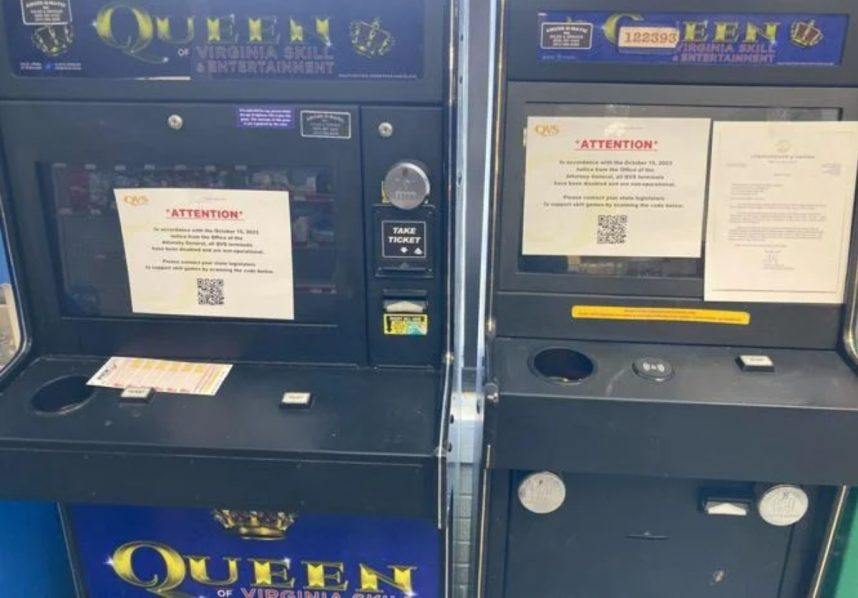Article Date: December 12, 2024, 12:18h.
Last updated on: December 12, 2024, 12:18h.
Recent activities in Virginia hint at potential further expansion of commercial gambling as lawmakers in Richmond contemplate new developments.

Virginia, once known for its strict gambling regulations with exceptions for the state-run lottery and parimutuel betting, has embraced gaming in recent years to stimulate regional economies, create jobs, and generate new tax revenue. Virginia now hosts physical casinos, online sports betting, and electronic historical horse racing (HHR) machines at racetracks and off-track betting facilities.
Financial reports from the Virginia Public Access Project (VPAP) reveal significant expenditures by various gaming entities for the upcoming 2025 legislative session, set to commence on Jan. 8 and end on Feb. 22.
Gaming Expenditure Overview
Caesars Entertainment has already spent $418,155 on lobbying in Virginia for the 2025 session as it prepares to launch Caesars Virginia, a $750 million integrated resort in Danville. Meanwhile, Churchill Downs, the operator of The Rose Gaming Resort in Dumfries, has allocated $268,593 for lobbying efforts.
NOVA Casino, a political committee opposing a vote on a commercial casino in Fairfax County, has raised $370,209. MGM Resorts has invested $222,267 to support this cause and protect MGM National Harbor in Northern Virginia. The Sports Betting Alliance and Pace-O-Matic have also dedicated funds for various gaming initiatives in the state.
Virginia State Sen. David Marsden’s proposal to allow a casino in Fairfax and Tysons faces resistance, particularly from local communities and elected officials. However, unions backing the initiative could sway decisions in Richmond.
Another key point of contention is the legalization of skill games, which provided essential revenue for many small businesses during and after the pandemic. The General Assembly previously considered legislation to regulate these games, but the bill was ultimately vetoed by Governor Glenn Youngkin due to tax and zoning concerns.
Governor Youngkin’s strict regulations regarding skill games have sparked debate among lawmakers and industry stakeholders, with concerns over the potential impact on businesses operating these machines in Virginia.


